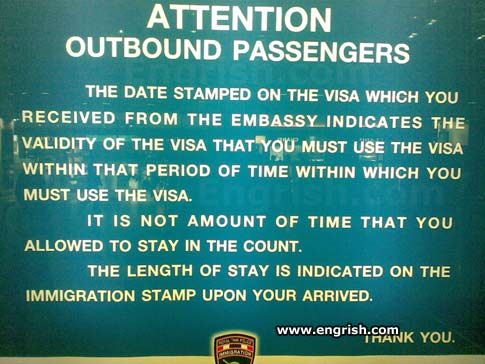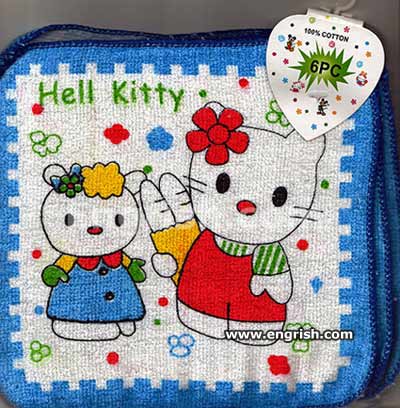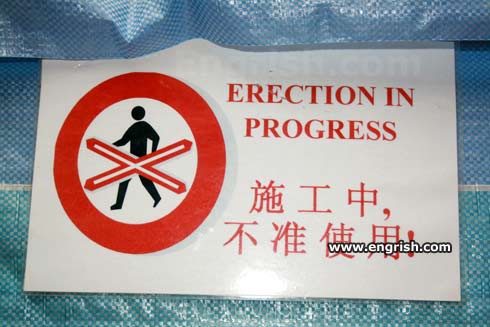"Blog (a contraction of the term "web log"): a type of website, usually maintained by an individual with regular entries of commentary, descriptions of events, or other material such as graphics or video[...]
Many blogs provide commentary or news on a particular subject; others function as more personal online diaries. A typical blog combines text, images, and links to other blogs, Web pages, and other media related to its topic. The ability for readers to leave comments in an interactive format is an important part of many blogs." (Courtesy of Wikipedia)
Blogging crosscuts a multitude of information and media currents, running the gamut of communication, dialogue, personal expression and interaction. It is a relatively new, somewhat unregulated and expanding media, which has exploded in the last decade, forcing the online world to keep up with its growth.
The blogosphere is democratic, interactive, and simultaneously diverse and specialized. It spans the spectrum from hard-nosed journalism to personal journal entries, offering something for just about everyone: niche blogs, anecdotes, press releases, how-to manuals, fact, opinion, questions, answers, perspectives and nearly everything in between.
In Clear Blogging, Bob Walsh asserts, "blogging is about power...defined as 'an ability to act or produce an effect.'" He continues, "blogging gives us a new way to communicate, to share, to influence, to connect, to outrage, to matter," (Walsh, 3).
Bloggers write to get and give attention, share ideas and expand on them, generate a voice and connect with other individuals to form a community in yet another realm of communication. The results are immediate, timely and interactive.
Mainstream journalism and marketing have primarily provided a one-way street of communication, speaking and writing from a position of authority to passive consumers and readers. The advent of blogging has shifted the power and granted the public a voice to talk back and influence the powers that be.
The inclusiveness and immediacy of blogging offer strengths:
- Citizen journalism plays a key role in the dissemination of information and opinion.
- Returning 'power to the people' with a democratic forum where anyone's words can be read.
- Connecting with other, like-minded individuals in an increasingly isolated society.
However, there are also drawbacks to this double-edged sword of the information age.
- Democracy in communication does not guarantee quality.
- Reliable, interesting, timely, well-written ideas and information are hit or miss.
- Readers must explore the blogosphere with a discerning, discriminating and critical eye to choose quality blogs; they can't believe everything they read!
For these reasons and others, lines of demarcation have been drawn in the blogging world. Independent bloggers are not officially considered journalists and, hence, not granted many of the same privileges and protection. For instance, the Federal Trade Commission (FTC) recently ruled that unaffiliated bloggers must disclose product endorsements in their posts. Affiliated bloggers, i.e. journalists, on the other hand, are not held to the same standards.
Journalism constitutes but one of several components in the gray area of the muddled, ever-growing blogosphere. Another popular form of blogging has emerged in the vein of the personal essay.
According to Phillip Lopate, "The hallmark of the personal essay is its intimacy. The writer seems to be speaking directly into your ear, confiding everything from gossip to wisdom...at the core of the personal essay is the supposition that there is a certain unity to the human experience," (Lopate, xxiii).
Many blogs adopt this personal tone, drawing their strengths from observations of the human condition through personal experience. "The spectacle of baring the naked soul is meant to awaken the sympathy of the reader, who is apt to forgive the essayist's self-absorption in return for the warmth of his or her candor. Some vulnerability is essential to the personal essay," (Lopate, xxxvi). A potential weakness of blogging as personal essay, though, is the slippery slope into narcissism.
Qualities that make for "literary" blogging in the tradition of personal essay, while avoiding narcissism, include:
- The expression of a universal truth of the human condition through personal experience.
- Discussing yourself without discussing ONLY yourself: using the self as a means to an end, not an end in itself.
- Avoiding sentimentality: illustrating emotion, rather than describing it to readers.
- Humility and/or self-deprecation, particularly in a humorous fashion, which makes the ideas more palatable to readers.
Blogs like Gwenyth Paltrow's GOOP toe the dangerous line of narcissism, with its lofty and self-important tone and content. On the other hand, The Nienie Diaries, for example, addresses intensely personal issues and experiences, while universally connecting to ideas much greater than the blogger herself.
Even in the event of narcissism, if personal essay-style blogs are well-written, some self-absorption is forgivable. Conversely, blogs that could use polishing can still be entertaining, education and/or quality work, depending on the content. For example, a blog like wehateyourblog.com passes for all of those things, despite minor errors in spelling, grammar and syntax. Ultimately, good content supersedes all other tricks of the trade.
The strongest blogs offer a diverse mix of both journalism and personal essay, providing reliable facts and a sincere, personal voice; clear, concise use of language and a casual tone that connects with readers on their level. Whether or not bloggers are considered journalists or literary writers, they are nonetheless, changing the shape of the information age and influencing the world.





